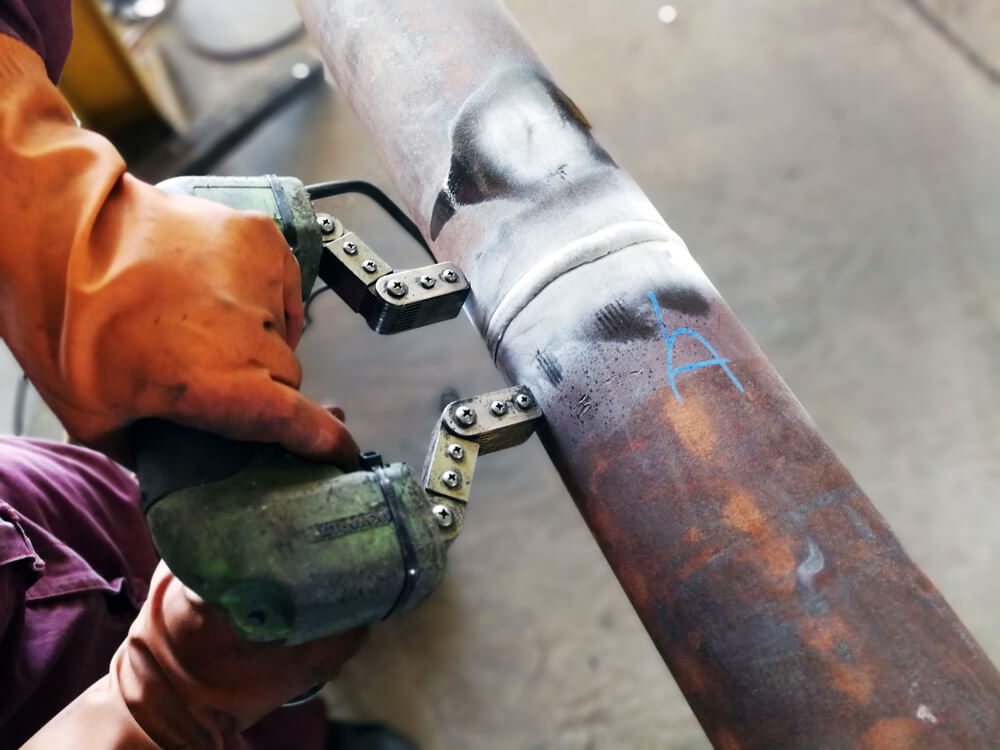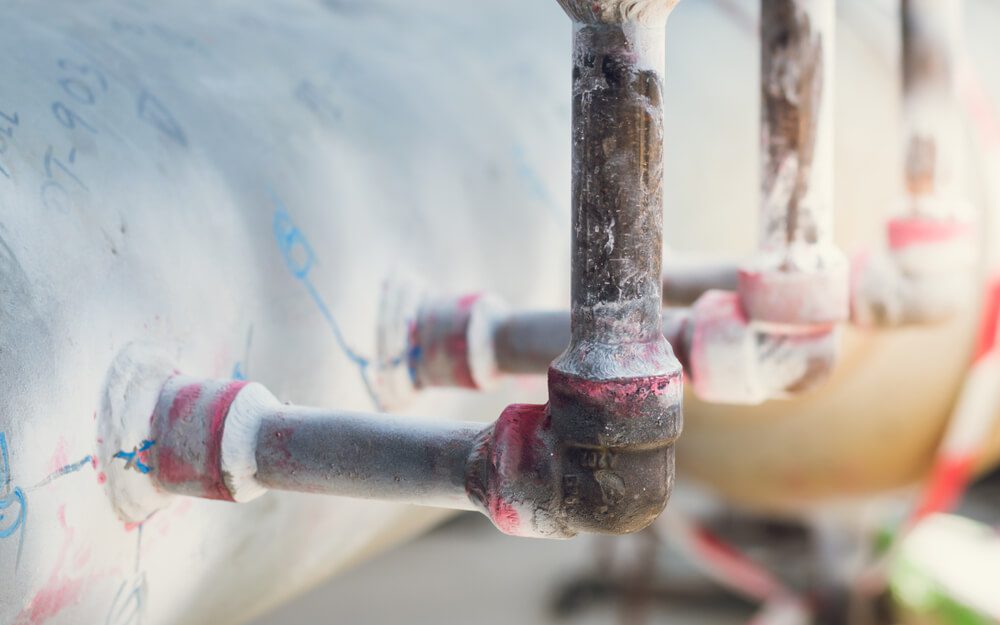What Does A Non-destructive Testing (NDT) Technician Do?
Our NDT technicians work to examine the physical properties of a variety of material and components to detect any flaws, cracks, corrosion or any other imperfections which could cause that component to fail or be unreliable. An NDT technician’s work doesn’t have any detrimental effects on the material or component being tested, which is why it is called non-destructive testing.

What Is The Working Environment Like For A NDT Technician?
The working environment of an NDT technician can vary from job to job and between industries. Work can range from a noisy factory floor to outdoors on an oil rig. Similarly, hours can vary depending on requirements, leading to shifting and weekend work when necessary.
Protective clothing such as gloves and facemasks are often required. In addition, noise, cancelling headphones will be used when working in noisy environments. NDT Technicians are required to adhere to strict health and safety regulations when working with hazardous substances.
A Career With Job Security
The NDT industry is similar to many other engineering industries that are currently facing staffing shortages. This means there is a certain level of job security that is rare in other careers. For example, the unemployment level of NDT technicians is only 3.2% and 87% of NDT professionals are in full-time employment. In addition, the average salary of NDT technicians has increased by 10% since 2015.
The Traits Needed In Non-Destructive Testing
The British Institute of Non-Destructive Testing lists the following traits as essential to be a good NDT technician.

The Training And Qualifications Needed
There is a number of qualifications that you can hold to become an NDT Technician.
Many NDT technicians begin their role through Apprenticeships. Employers usually look for candidates with GCSE grades of A*-C / 9-4 in Maths, English and Science/ Physics.
For an Advanced Apprenticeship, you will need 5 GCSEs at grades 9-4 / A* to C that include English, Maths and Science/ Physics.
Additionally, you might be able to find a position as a trainee technician after doing a qualification at college. relevant courses include:
- Level 2 Certificate in Welding
- Level 3 Diploma in Engineering
- Level 3 Extended Certificate in Applied Science
The Different Sectors You Can Work In
NDT is used in a wide range of industries and sectors and working as an NDT technician provides you with a wide variety of interesting sectors to work in. For more information on the different sectors you can work in as an NDT technician take a look at our industries served page.
Aerospace
Construction
Defence
Laboratories
Petrochemical
Shipbuilding
Steel & Foundry
Utility & Power
